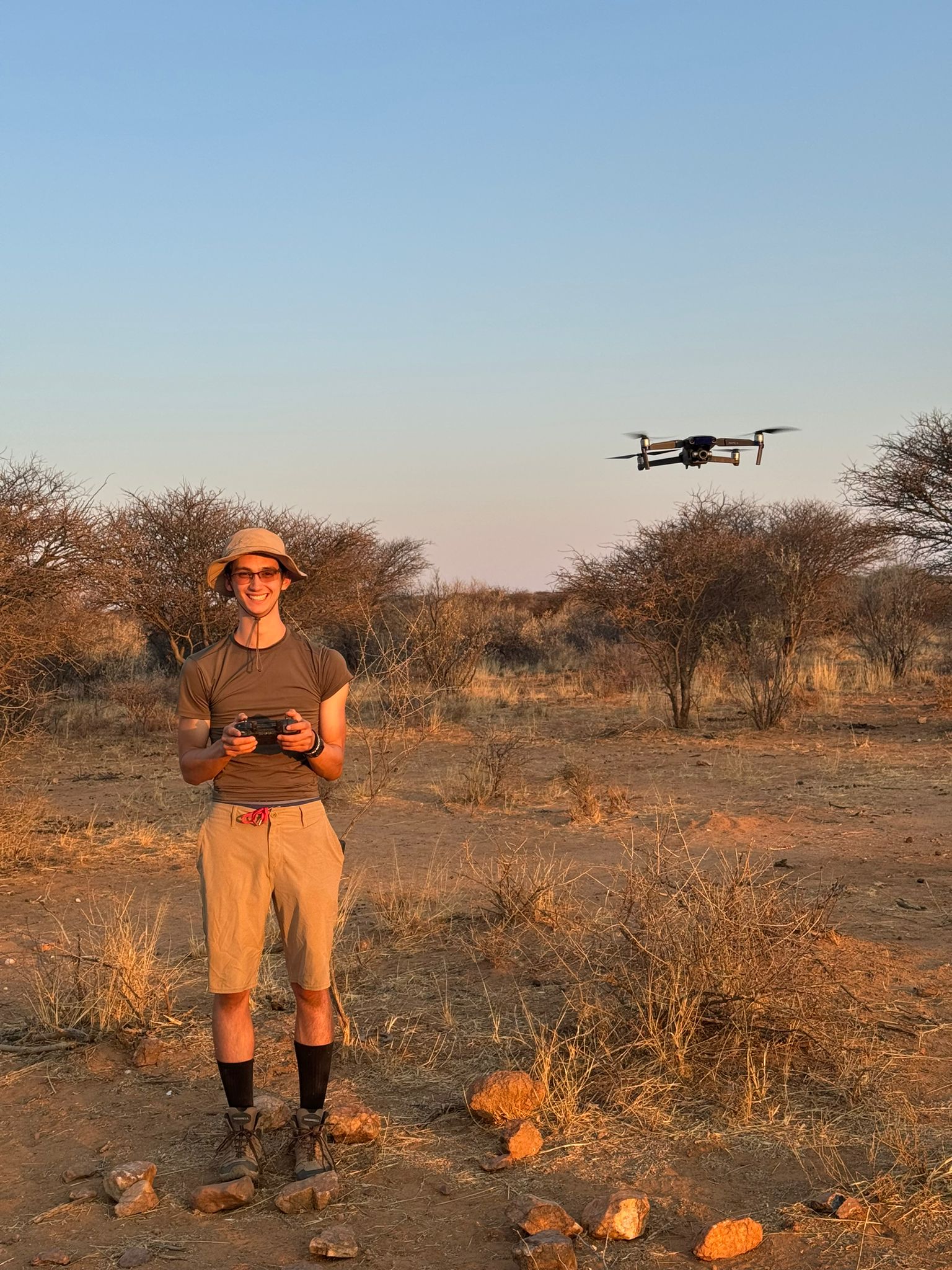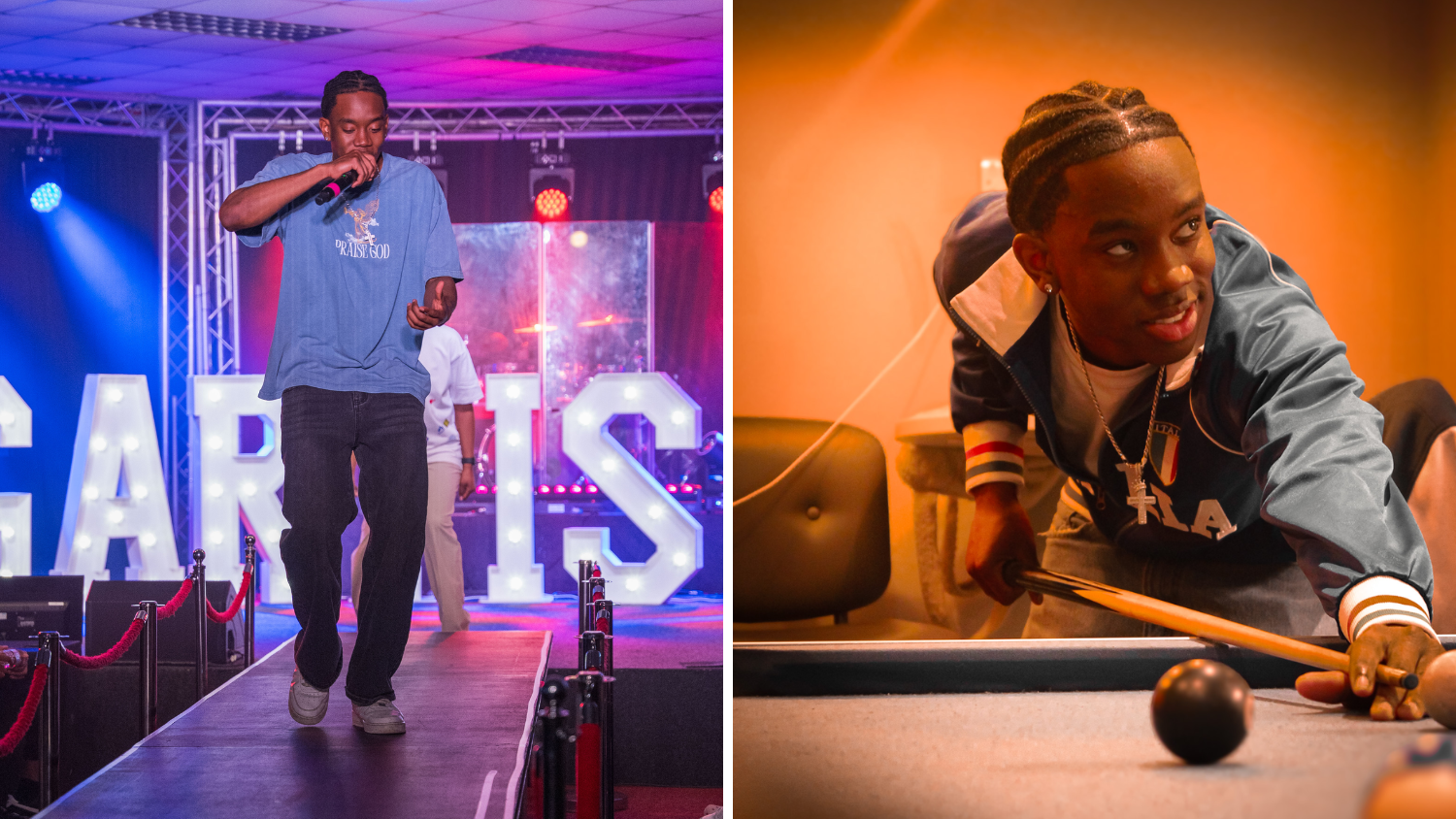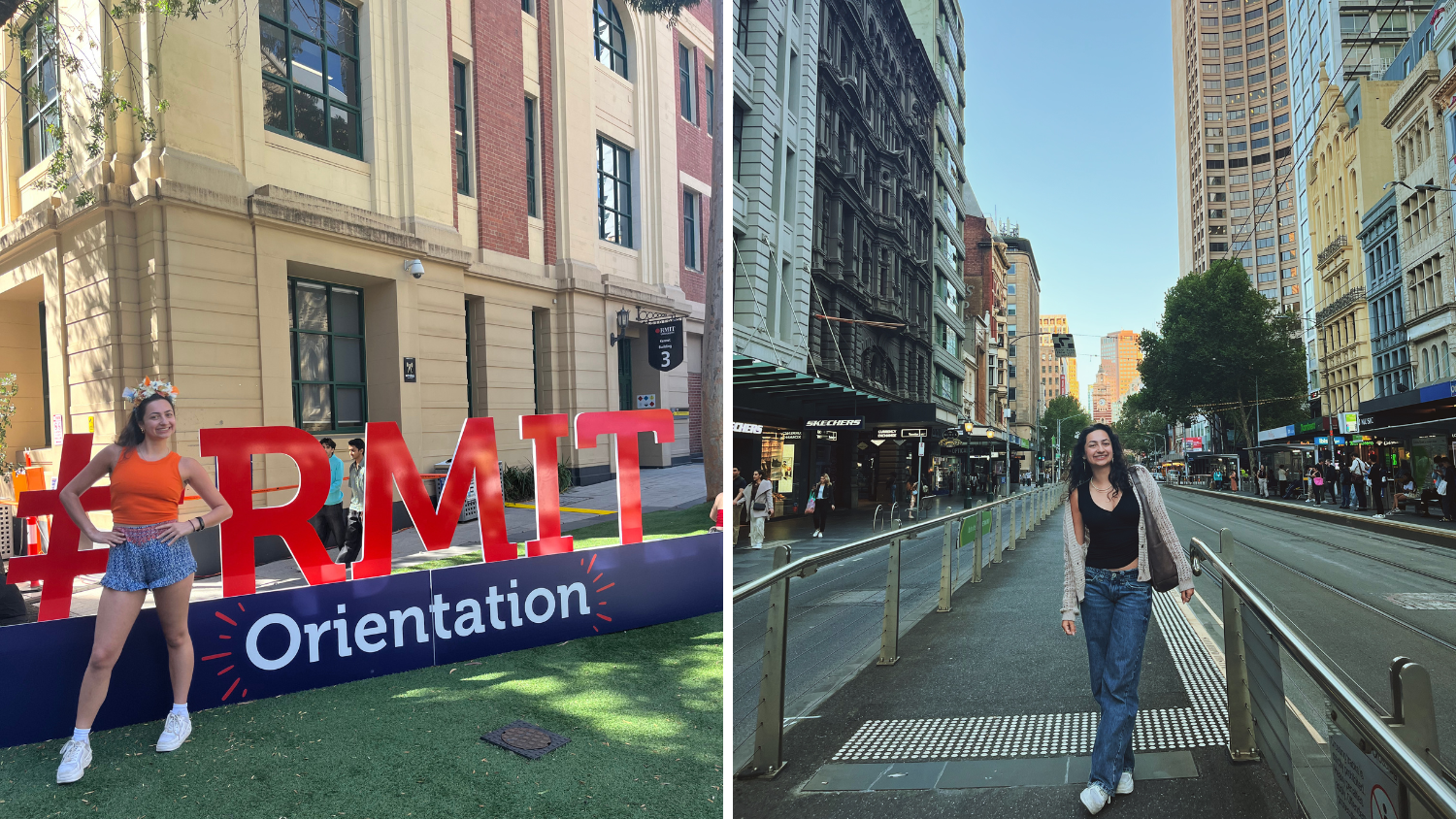Program and Location:
Fall, Wildlife Aerial Observatory; Naankuse, Namibia
Major/Minor:
Mechanical Engineering Major
Why did you choose to study abroad?
I wanted to study abroad in Namibia to see the safari animals. I was also interesting in flying drones to contribute to solving pressing challenges in worldwide wildlife conservation. The program’s focus on addressing real-world challenges in the realm of large game animal conservation adds a meaningful dimension to my professional development. The opportunity to work closely with Namibian partners underscores my belief in global collaboration and understanding [different] perspectives in conservation efforts. This experience will contribute to solving tangible issues and equip me with the skills to navigate complex, real-world problems after I complete my studies and begin engineering solutions. My desire to study abroad with the Wildlife Aerial Observatory team was fueled by a sincere passion for academic exploration, professional development, and an eagerness to immerse myself in a culturally rich environment.
What did you learn about yourself?
I learned that I enjoy a slower pace of life. I got into a routine of waking up at sunrise to carry DJI camera drones to basecamp. Then once we were out in the bush, we performed anti-poaching simulations. I learned that I am good at communicating to the ground teams where my drone was in the simulation box.
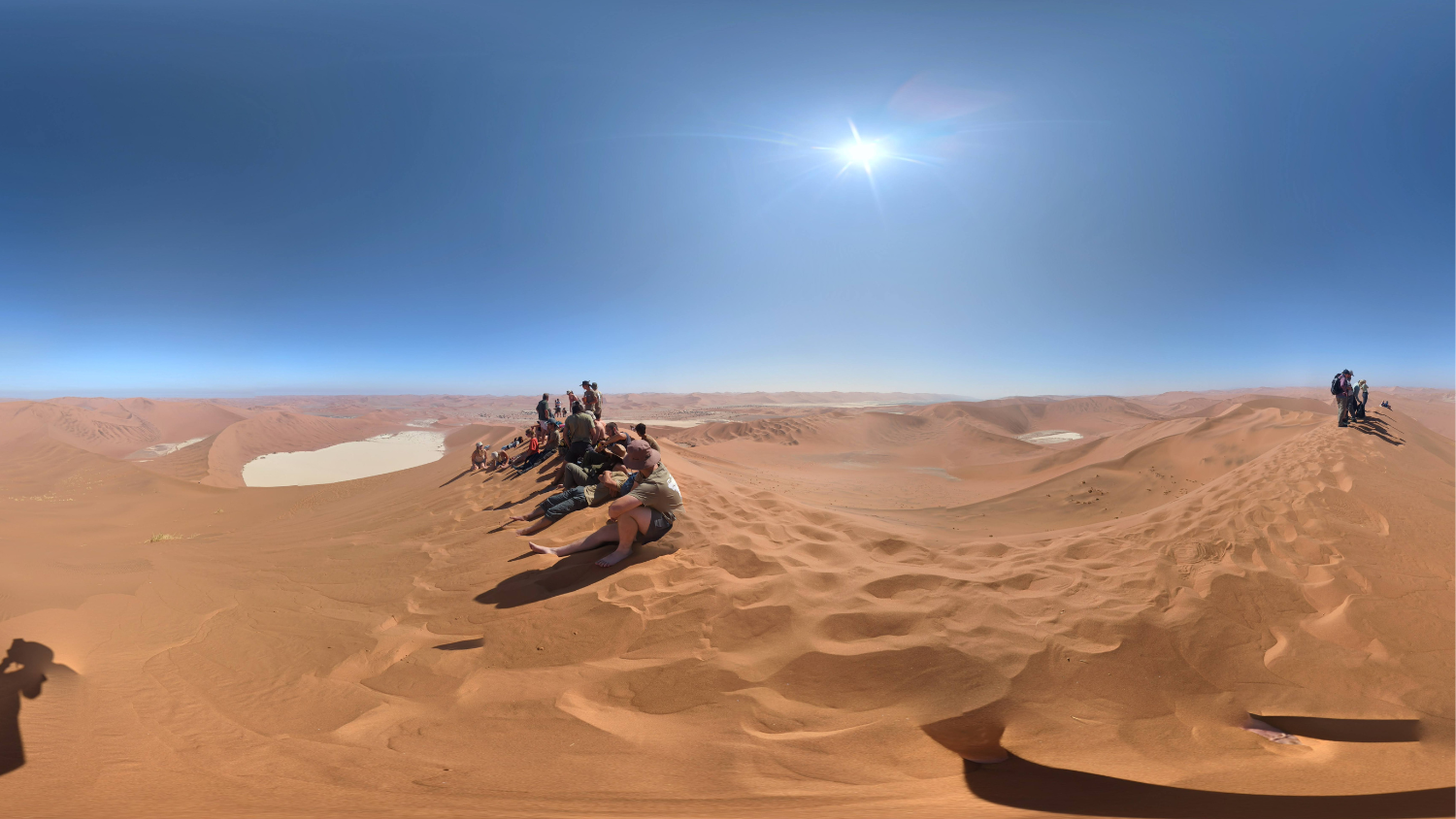.png)
What was one of your favorite parts of your program?
My favorite part of the program was going to vacation in the Big Daddy sand dunes. The class went to Neuras Wine & Wildlife Estate. One excursion we went on was to the the tallest sand dunes in the world. When we hiked up the dunes it felt like we were on an alien planet! It was a lot of fun rolling and running down the dunes after we reached the summit.
What advice do you have to future study abroad students?
– Pack more clothes than you think you will need
– Bring medication such as cough syrup
– Make sure you can change your airplane ticket in case you want to travel after your studies are complete
– Exchange money in the country that you are studying in. Do not convert cash in the U.S. because the exchange rate will not be at advantage
– Bring a spare credit card and make sure it works abroad
– Bring durable shoes
– Bring a water bottle that is easy to clean
– In addition to things to bring, meet up with your study abroad group before traveling to put a name to the face
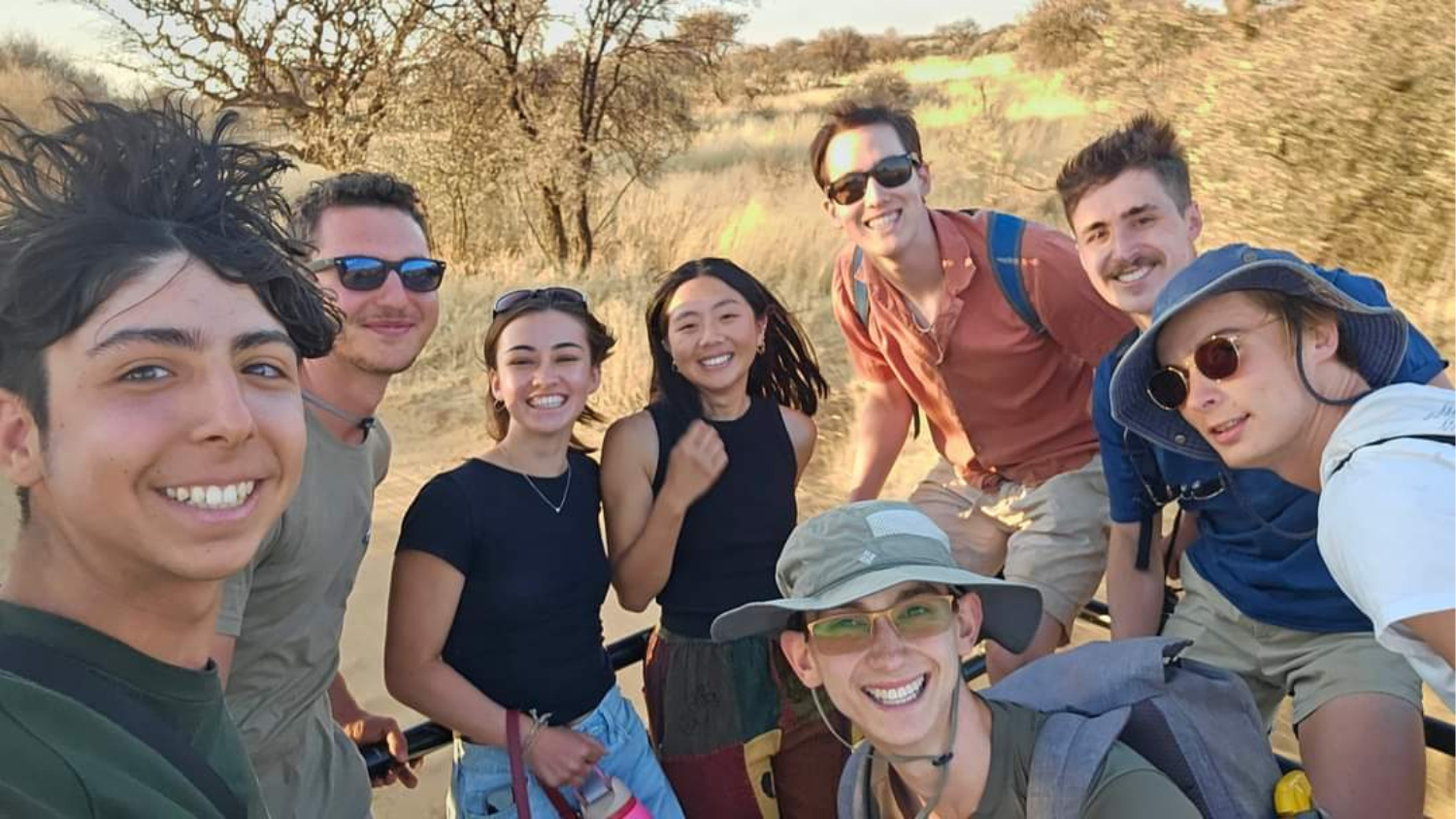.png)
How did your study abroad experience prepare you for your future career?
In a professional capacity, this program offers an opportunity to delve into statistical research methodologies essential for wildlife conservation using Unmanned Aerial Vehicles. Namibia’s […] ecosystems will provide a fantastic environment for flight in desert conditions and for immersive, hands-on learning. I acquired expertise to conducting statistical analyses to accurately count and assess wildlife populations. This purposeful experience enhanced my quantitative research skills.
Would you do it again?
Yes! I cannot wait to fly back to Africa. I need to go on a safari to see an elephant in person!
- Categories:
